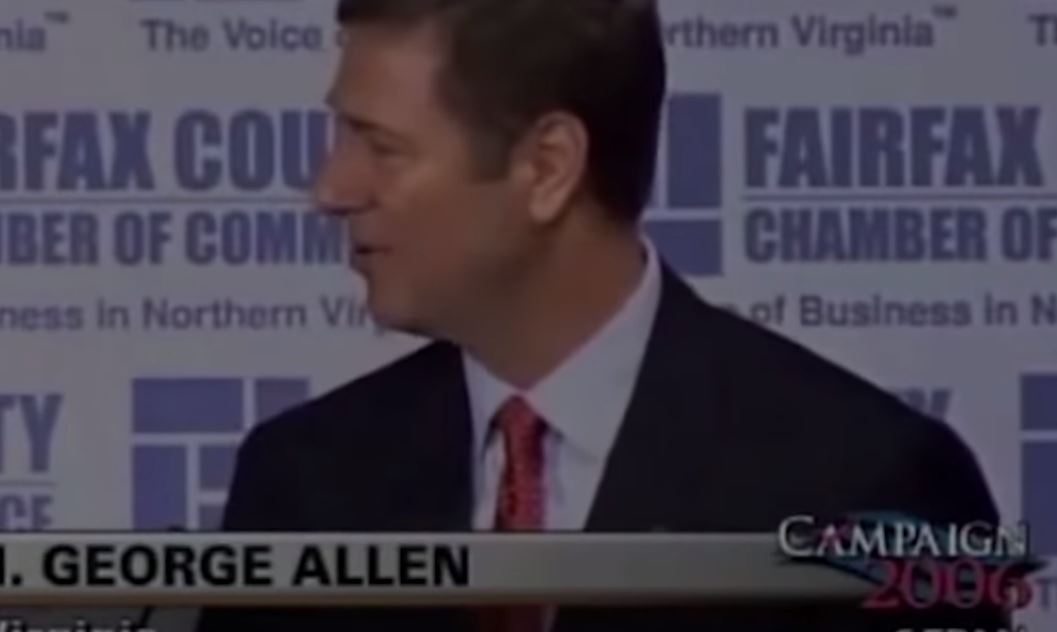
YouTube has become a crucial platform for political campaigns. Videos can reach millions of voters, shaping public opinion and mobilizing support. Political campaigns now allocate significant portions of their budgets to online content creation and promotion, aiming to harness the power of YouTube likes and engagement to boost their reach and influence.
When political videos garner a high number of likes, it signals approval and credibility, encouraging more people to watch and share the content. Many campaigns are even exploring the option to buy YouTube likes to kickstart engagement and make their videos appear more popular. This strategy, while controversial, can create a positive feedback loop, attracting organic views and further engagement.
The Correlation Between YouTube Likes and Campaign Donations
A high number of likes on political videos can lead to increased donations. This is because likes serve as a form of social proof, showing potential donors that a campaign has widespread support. As more people see the high engagement, they are more likely to feel confident in the campaign’s viability and mission, which encourages them to contribute financially. Additionally, popular videos are more likely to be shared, further spreading the campaign’s message and reaching more potential donors.
- Credibility Boost: Videos with many likes appear more trustworthy and popular.
- Wider Reach: Liked videos are more likely to be recommended by YouTube’s algorithm.
- Social Proof: Voters are influenced by the apparent popularity of a candidate.
Political campaigns can maximize these benefits by producing high-quality, engaging content that resonates with their audience.
How Viral Political Videos Influence Voter Behavior
Viral political videos can have a profound impact on voter behavior. They can quickly disseminate key messages and influence public opinion, often swaying undecided voters. These videos can also highlight important issues or controversies, prompting viewers to take action, whether by attending rallies, volunteering, or casting their votes. Furthermore, the emotional appeal and widespread reach of viral videos can create a sense of urgency and mobilize grassroots support.
- Shape Opinions: High-engagement videos can sway undecided voters.
- Mobilize Support: Engaging content can encourage people to volunteer or vote.
- Highlight Issues: Viral videos can bring attention to specific issues or policies.
Campaigns should focus on creating videos that are informative, emotional, and shareable to maximize their impact.
Strategies for Political Campaigns to Maximize Engagement on YouTube
Political campaigns can maximize engagement on YouTube by implementing several key strategies. First, creating high-quality, visually appealing content is crucial, as videos with strong production values are more likely to attract and retain viewers. Crafting compelling narratives and focusing on storytelling can also make the content more engaging and relatable. Additionally, optimizing video titles, descriptions, and tags with relevant keywords can improve searchability and reach a broader audience. Campaigns should also:
- Use Compelling Thumbnails: Attractive thumbnails can significantly increase click-through rates.
- Create Strong Calls to Action: Encourage viewers to like, share, and comment on videos.
- Engage with Viewers: Respond to comments and create a sense of community.
These strategies can help campaigns build a loyal following and increase their overall impact.
READ ALSO: The Essential Guide to Understanding How Finance is Managed in Political Campaigns
Conclusion
YouTube likes play a critical role in political campaigns by enhancing credibility, increasing reach, and driving voter engagement. By understanding the dynamics of YouTube engagement and employing effective strategies, political campaigns can significantly boost their influence and success.


